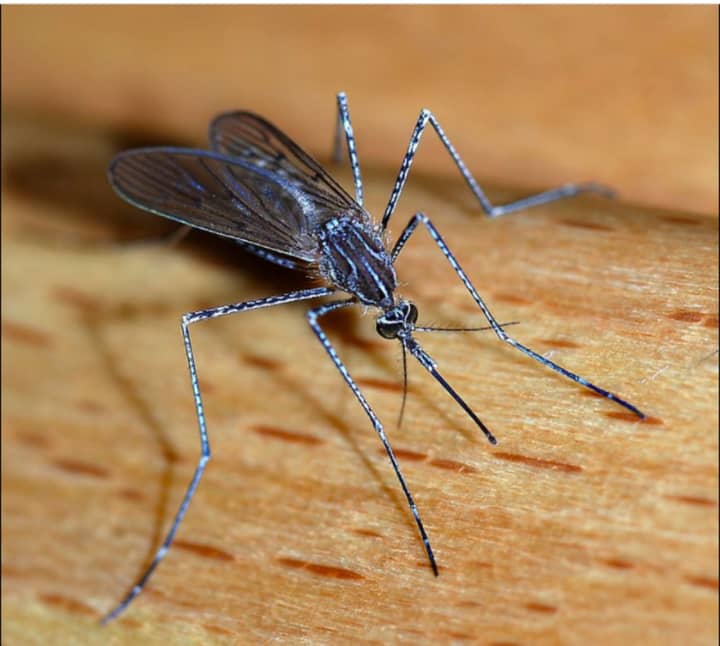Suffolk County Commissioner of Health Services Dr. Gregson Pigott reported this week that two additional cases of West Nile virus in Suffolk County, bringing the total to seven over the course of the year.
According to health officials, the first new case was in the Town of Southold in a resident over the age of 50. He became ill with the virus in early October, was hospitalized later that month, and has since almost fully recovered at home.
The second was in the Town of Brookhaven, where a resident remains hospitalized with the virus after contracting it in late October.
Health officials have previously reported five cases of West Nile virus this season, two from the Town of Huntington, two from the Town of Brookhaven, and one from the Town of Babylon. The two Huntington residents were over the age of 50 and the others were under the age of 50.
According to the Department of Health, most mosquitoes do not test positive for disease-causing viruses. However, a bite from a West Nile Virus-infected mosquito can cause serious illness, and in some cases, death.
“Although a person's chances of getting sick are small, those aged 50 and older are at the highest risk for serious illness,” officials noted. “Not everyone infected with West Nile Virus will become ill.”
If contracted, West Nile can cause serious health complications, including neurological diseases, and can also cause a milder flu-like illness, including fever, headache and body aches, nausea, and occasionally a skin rash and swollen lymph glands.
The number of human cases of West Nile virus varies each year.
Suffolk County reported five human cases in 2020, three in 2019, and 11 in 2018. Comparatively, the county reported 25 human cases in 2010, a year in which the virus claimed three lives.
The county also reported two deaths from West Nile virus in 2017.
“Mosquito season ended on November 1, but now is a perfect time for Suffolk County residents to repair screens, clean yards, and make solid plans to reduce the number areas where mosquitoes can breed around their homes in order to avoid being bitten and contracting mosquito-borne illness,” Pigott stated.
To avoid mosquitoes gathering and to control their spread, the Department of Health offered advice for area residents:
- Check your property for any items that can hold water. Anything you choose to keep outside, such as kids' toys, buckets, wading pools, canoes, and wheelbarrows, should be flipped over when not used to prevent them from collecting any water;
- Drill holes in the bottoms of recycling containers and remove all discarded tires;
- Tightly cover water storage containers (buckets, cisterns, rain barrels) so that mosquitoes cannot get inside to lay eggs. For containers without lids, use wire mesh with holes smaller than an adult mosquito;
- Use an outdoor flying insect spray where mosquitoes rest. Mosquitoes rest in dark, humid areas like under patio furniture or under the carport or garage. When using insecticides, always follow label instructions;
- If you have a septic tank, repair cracks or gaps. Cover open vent or plumbing pipes. Use wire mesh with holes smaller than an adult mosquito;
- Make sure that roof gutters drain properly, clear vegetation and debris from the edges of ponds, and remove leaf debris from yards and gardens.
Click here to follow Daily Voice Suffolk and receive free news updates.


